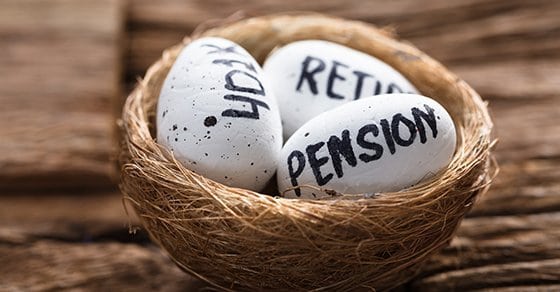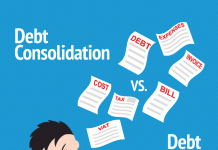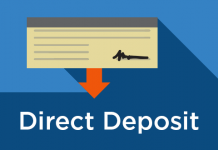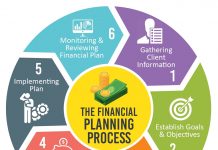Employers that give defined benefit pension plans to employees don’t necessarily have to use traditional pensions. Some offer cash balance solutions as an alternative or may switch to this option from a pension. What is a cash balance plan and how does it work?
What is a Cash Balance Plan?
These are types of defined benefit plans. This means that, like a pension, the responsibility for saving for retirement falls with the employer and not the employee.

The regular savings made on behalf of the worker will create an annuity income and/or lump sum payment for retirement. The way that money is allocated into a cash balance plan to build funds for the future is, however, different than the way it might be used to create a pension.
How Do Cash Balance Retirement Plans Work?
An employer that offers a cash balance plan will make credit payments based on a percentage of a qualifying worker’s salary each year. This is typically set at around 5%. In addition, they will also add an interest credit on top of the base contribution. This is usually linked to a specific index rate and can be given on a fixed or variable basis.

So, effectively, the employee will have savings made on their behalf based on an average of how much they earn over the years with interest added on. The responsibility for delivering the end balance lies with the employer and the employee is not, therefore, affected by investment fluctuations.
They will be given annual statements that show the projected balance of their account. Benefits in retirement may be offered on an annuitized or lump sum basis.

Can Companies Switch From a Pension to a Cash Balance Plan?
Some employers do change their defined benefits plan by switching to a cash balance option from a pension. This is often done on a cost reduction basis. Pensions tend to be based on length of service and salary towards the end of a working life. This makes them more expensive to run than a cash balance scheme which averages out salaries.

- What Is Aromatherapy Vs. What Are Essential Oils?
- What is La Tomatina in Bunol, Spain Like? What to Expect at the Famous Tomato Throwing Festival
Are Cash Balance Plans Worth it?
The key thing to remember here is that a cash balance plan won’t cost the employee anything but could help build a useful fund for retirement. Plans are also portable so the money accrued may be released if a worker changes company (provided vesting terms have been met).
Many people in this situation will transfer the cash into a different form of retirement savings account such as an IRA.


















